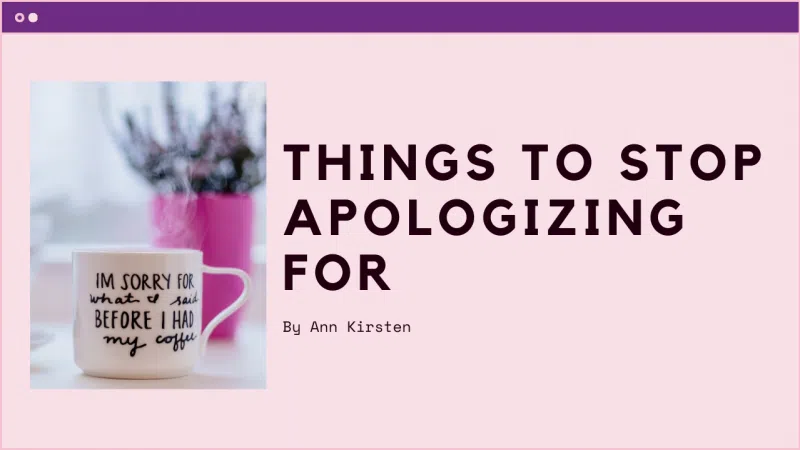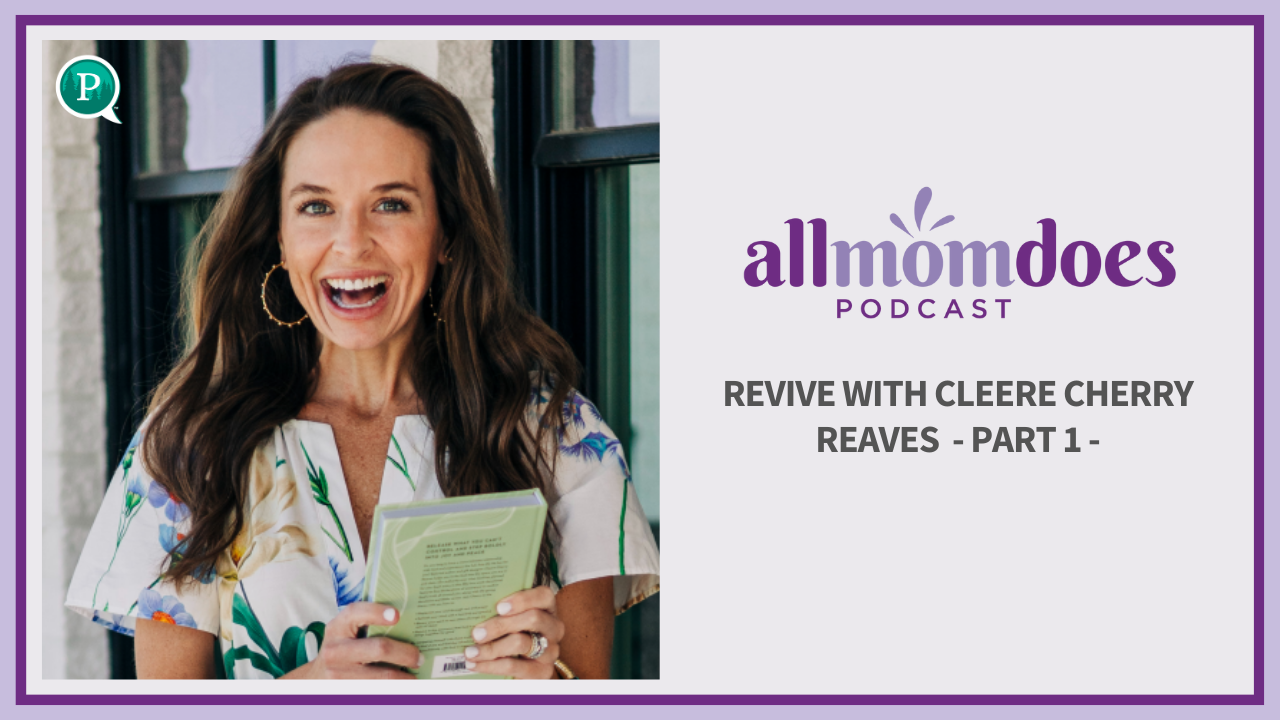Parents, we live in a world where countless children are starting to view pornography in their preadolescent years.* And it isn’t safe to assume our children won’t somehow fall into that category simply because we’re raising them. The reality is that unless we reach them first by proactively teaching them about healthy sexuality, and why it is important to avoid pornography or anything of the kind, we leave them vulnerable to being educated about sex by a society where sexual exploitation is an accepted norm. That’s a risk I imagine most of us aren’t willing to take as parents. That being said, when should we begin talking to our children about sex and related issues like pornography?
When Do We Begin?
The answer to the question of ‘when’ is:
BEGIN TODAY
I’ll explain my response as I take you through five important factors related to how we can begin this process:
- Present an age appropriate view of human sexuality.
- Teach our children how to guard their heart.
- Create an environment of safety.
- Address principles of wisdom for them to live by.
- Take practical precautions.
These factors are essential to helping us ‘stay ahead of the game’ in preparing our children to respect the sacred nature of their sexuality and remain clear of pornography.
Present an Age Appropriate View of Sexuality
Toddler to Preschool Phase:
I recently spoke with Justin and Heidi Monuteaux, the founders of Be Free Counseling, who expressed the importance of addressing age appropriate notions of healthy sexuality (e.g., personal boundaries and safe touch principles) with children as young as three years of age. They explained how introducing these topics help normalize conversations about sexuality between parents and children, and creates a foundation for more in-depth conversations about sex and pornography in the future.
Preschool to Grade-School Phase:
This foundation is needed particularly as children venture into their elementary school years, where there is an increased risk of them:
- Being around peers who discuss or show them pornographic content.
- Directly accessing pornography online.
If either of these scenarios occur, we can use the conversational base we’ve developed to provide education around the beauty, value and sacred nature of sexuality, in addition to information on what pornography is and why it is harmful. We can also encourage them to have self-control, and make sound decisions such as turning away from sexually inappropriate content or conversation, while reminding them to reach out to us if they are faced with those situations.
Preadolescent to Adolescent Phase:
As our children enter adolescence, they face numerous changes emotionally, cognitively and relationally on top of the many questions they may have about sex and culturally related issues like pornography. If they already know they can talk to us about these issues, based on trust having been established from prior conversations, we can join with them at this developmental stage in thinking through their questions and making wise decisions. However, if they don’t feel it is possible to be open with us, we’ll need to thoughtfully engage them as to why and work to build trust in that relationship.
Teach Our Children How to Guard Their Heart
Pornography use is ultimately a heart related issue. We either decide to open or close the door to viewing its pernicious content. Justin and Heidi Monuteaux also spoke to this issue, emphasizing the need for us as parents to teach our children early to guard their heart and redirect it to that which is good. I couldn’t agree more.
It’s vital to help our children understand that opening the door to pornography may feel good in the moment, but doing so comes at a great cost both personally, relationally and neurologically. They will undoubtedly be faced with this choice early in life, and will need the spiritual grounding, love and encouragement from us as parents to do what is good, just and right in those moments.
Create an Environment of Safety
Establishing a sense of trust or safety with our children is essential to being able to effectively influence them in developing healthy notions of sexuality. Accomplishing this requires that we remain calm and non-reactive in talking about with them about sex or pornography.
Even if we have anxieties about doing so, what matters most is conveying the following:
- We have the courage to directly face the topic of sex with them.
- They can bring their questions about sex or pornography to us anytime.
- We will not shame or guilt them for either talking about sex, or for discussing, viewing, or being curious about pornography.
- We are willing to listen to their thoughts and concerns on these topics (e.g. porn, sexting, etc.), versus simply lecturing them on what they ‘should’ or ‘need’ to do.
Remember, these messages are essential to helping create an environment of safety and trust, and to providing them with the sense that ‘mom and dad have our backs on these subjects.’
Address Principles of Wisdom for Them to Live By
Wisdom is an essential part of us remaining healthy and honoring the Lord with our lives (Proverbs 3:7). The same applies to our children, and they rely upon us in a large way to teach them how to be wise. Therefore, we have an obligation to help them understand and apply sound-godly wisdom, and moreover to model it for them in how we live our lives each day:
Above all else, guard your heart, for it is the wellspring of life (Proverbs 4:24).
Make level paths for your feet and take only ways that are firm. Do not swerve to the right or the left; keep your foot from evil (Proverbs 4:26, 27).
Therefore, do not let sin reign in your mortal body so that your obey its evil desires. Do not offer the parts of your body to sin, as instruments of wickedness, but rather offer yourselves to God, as those who have been brought from death to life; and offer the parts of your body to him as instruments of righteousness. For sin shall not be your master, because you are not under the law, but under grace (Romans 6:12-14).
Living out these notions of wisdom, combined with instruction on making sound judgements, will serve as a guide for them in turning away from the lure of pornography.
Take Practical Precautions
Having open conversations with our children about healthy sexuality is good, but we also need to take practical steps to reduce their potential access to pornography.
For example:
- Placing internet filters on your computers, phones and tablets; turning on the safety settings in those devices.
- Carefully monitoring what you and your children watch on your electronic devices; reading parent reviews online before allowing potential movie or television content into your home.
- Having conversations with your kids, whether they 3 or 13, about why you are so careful about what they watch.
- Connect with other parents and support each other as you navigate through the different stages of life with your children. Doing what we’ve discussed in this article isn’t something you have to do on your own.
Summary
Following through with what we’ve addressed in this article may not be easy, but you are able and the Lord will be with you, helping you to remain calm, wise and strong. Through your diligent and consistent efforts to love and communication openly with your children about matters of sex and porn, don’t forget that it will be your example and your love, versus fear or shame, that will draw them into learning what they need from you in the days ahead.
If you would like more information on this subject, feel free to contact myself, along with Justin and Heidi Monuteaux using the links below:
Eric Gomez: Fulfilled Christian Counseling
Justin & Heidi Monuteaux: Be Free Counseling
REFERENCES
* Covenant Eyes. Porn Statistics. Retrieved September 2016.

















